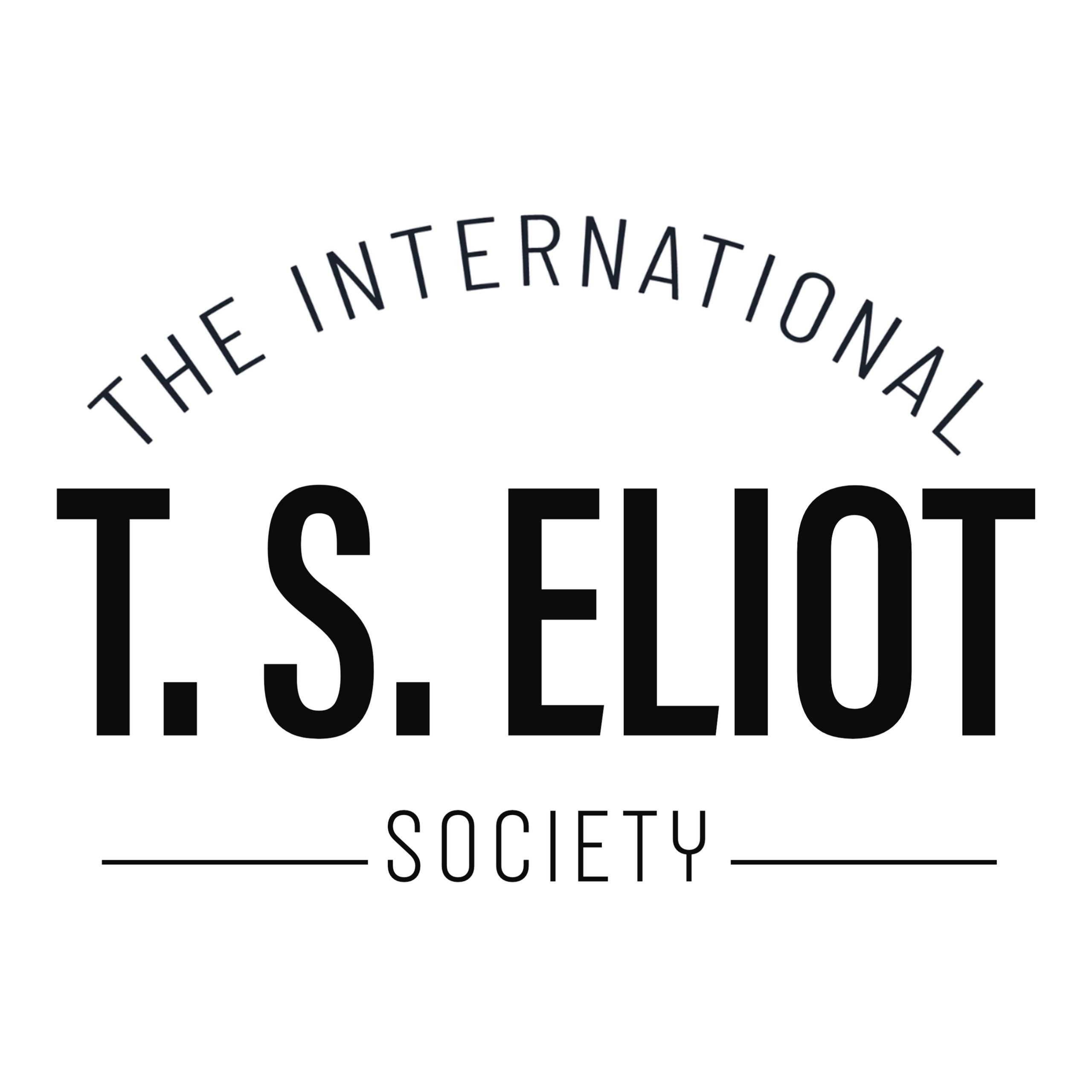
Full reviews to appear in the T. S. Eliot Studies Annual Vol. 5 (2023)
The Hyacinth Girl: T. S. Eliot’s Hidden Muse, by Lyndall Gordon. London: Virago, and New York: W. W. Norton & Co., 2022. 496 pages.
Reviewed by Frances Dickey
In The Hyacinth Girl, Lyndall Gordon reveals the pattern of Eliot’s ambitions for his poetic career woven into his relationships with Emily Hale, Vivienne Haigh-Wood, Mary Trevelyan, and Valerie Fletcher. Given how much Eliot cared for the opinion of posterity, he has proved lucky to receive such a fair hearing from one of our foremost literary biographers, whose integrity and record as a feminist critic give her perspective unassailable credibility. After a century of revolutionary change in women’s lives and consciousness, as we look back on his unequal relationships with these women, Eliot’s behavior hardly bears examination, especially in light of new information revealed in his letters to Emily Hale. Without moralizing or parading her considerable erudition, which nevertheless continually supports her narrative, Gordon skillfully guides us through Eliot’s dealings with the women who enabled his achievements and down the twisting path of his quest for posthumous fame. She ultimately delivers an accolade he must have sought, calling him “a master of the private love-letter, one of the most eloquent who ever lived,” but not before putting him, and us, through the honest reckoning that these letters require.

Eliot After The Waste Land, by Robert Crawford. London: Jonathan Cape, 2022. 609 pages.
Reviewed by Timothy Materer
After the lively narrative flow of Robert Crawford’s Young Eliot, the slow, deliberative pace of Eliot After The Waste Land may disappoint the reader, especially as it recounts Eliot’s middle and late years. But on a second reading one may better appreciate Crawford’s strategy of presenting the “complex contradictory messiness” of Eliot’s life instead of finding, in the way the poet himself sometimes tried to see it, as “teleological pattern” (2). Crawford comments perceptively and usually briefly on Eliot’s works without grand interpretations. In his detailed treatment of Eliot’s relationship with Emily Hale, he demonstrates the poet’s contradictory “amalgam of veneration, manipulation, and need” (302). His narrative method thoroughly traces Eliot’s antisemitism and at the same time his deep friendships with Jewish friends and support of Jewish causes. From such confusing details, readers can come to simplistic conclusions about Eliot’s prejudices. Crawford instead presents the issue in all its historical and psychological complexity. He succeeds in his ambition to be “a narrator, companionable, critic, historian, and assembler of images” (3).

Becoming T. S. Eliot: The Rhetoric of Voice and Audience in Inventions of the March Hare, by Jayme Stayer. Baltimore: Johns Hopkins University Press, 2021. 360 pages.
Reviewed by Edward Upton
Jayme Stayer’s excellent new book, Becoming T. S. Eliot: The Rhetoric of Voice and Audience in Inventions of the March Hare (2021), shows the modern poet shaping his audience and being shaped by it almost in real time. Eliot conceived of a revolutionary poetic voice by giving readers the eerie perception of being intimately addressed. Stayer traces the transformation of the poetic voice of Tom Eliot from St. Louis, Missouri, into the thoroughly modern, alienated, and utterly recognizable voice of “T. S. Eliot.” What follows is a veritable masterclass of rhetorical analysis demonstrating how each poem considers potential audiences, along with a discussion of relevant biographical and literary context. These analyses make this book an insightful resource for both students and scholars alike and will prove Stayer an important interlocutor for future commentators on these poems. Though these readings are of the highest scholarly rigor, I could also envision using this book with students as both a revealing study of the early Eliot and a series of case studies of how to perform successful rhetorical analysis of complex poetry.


